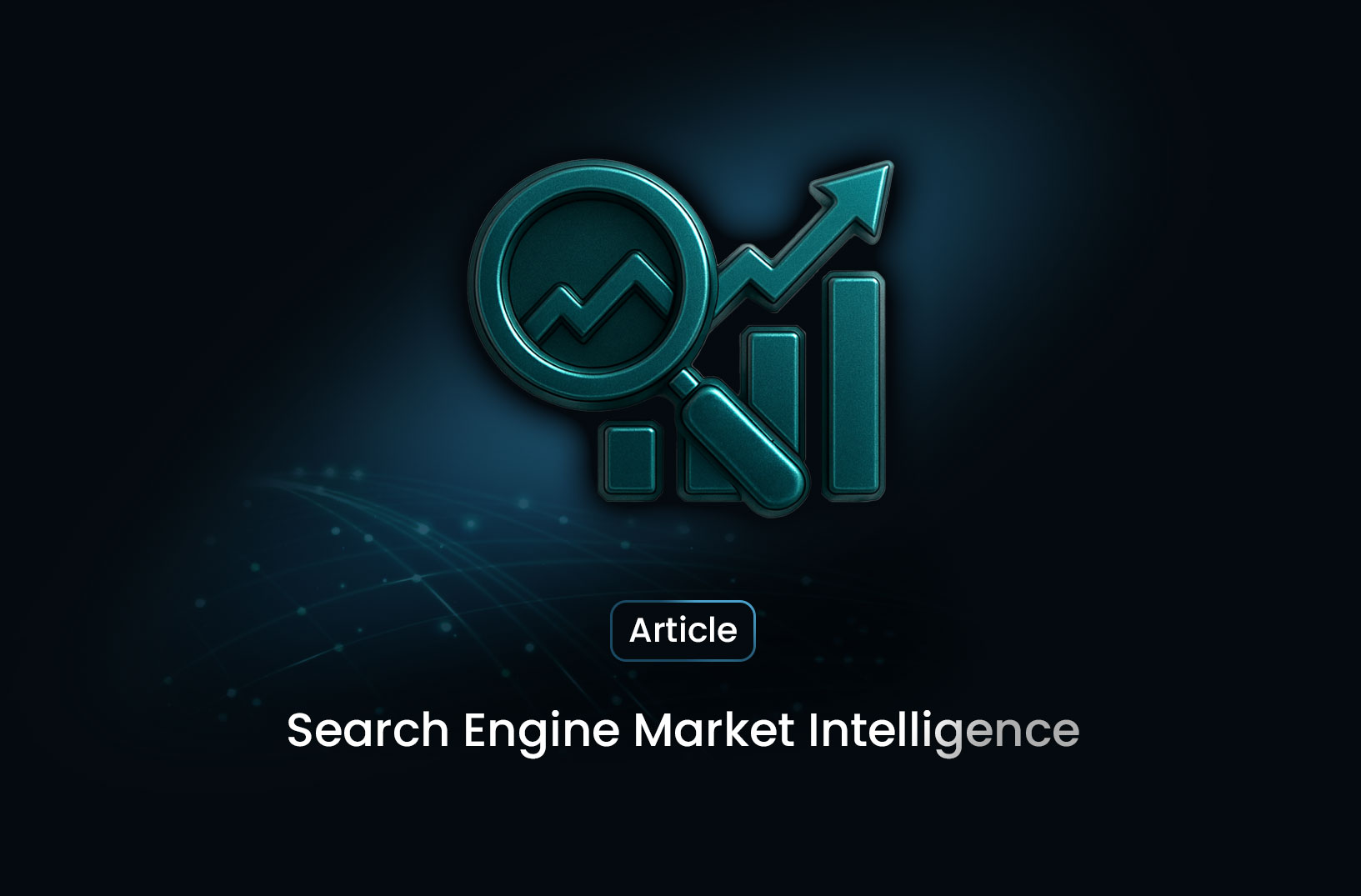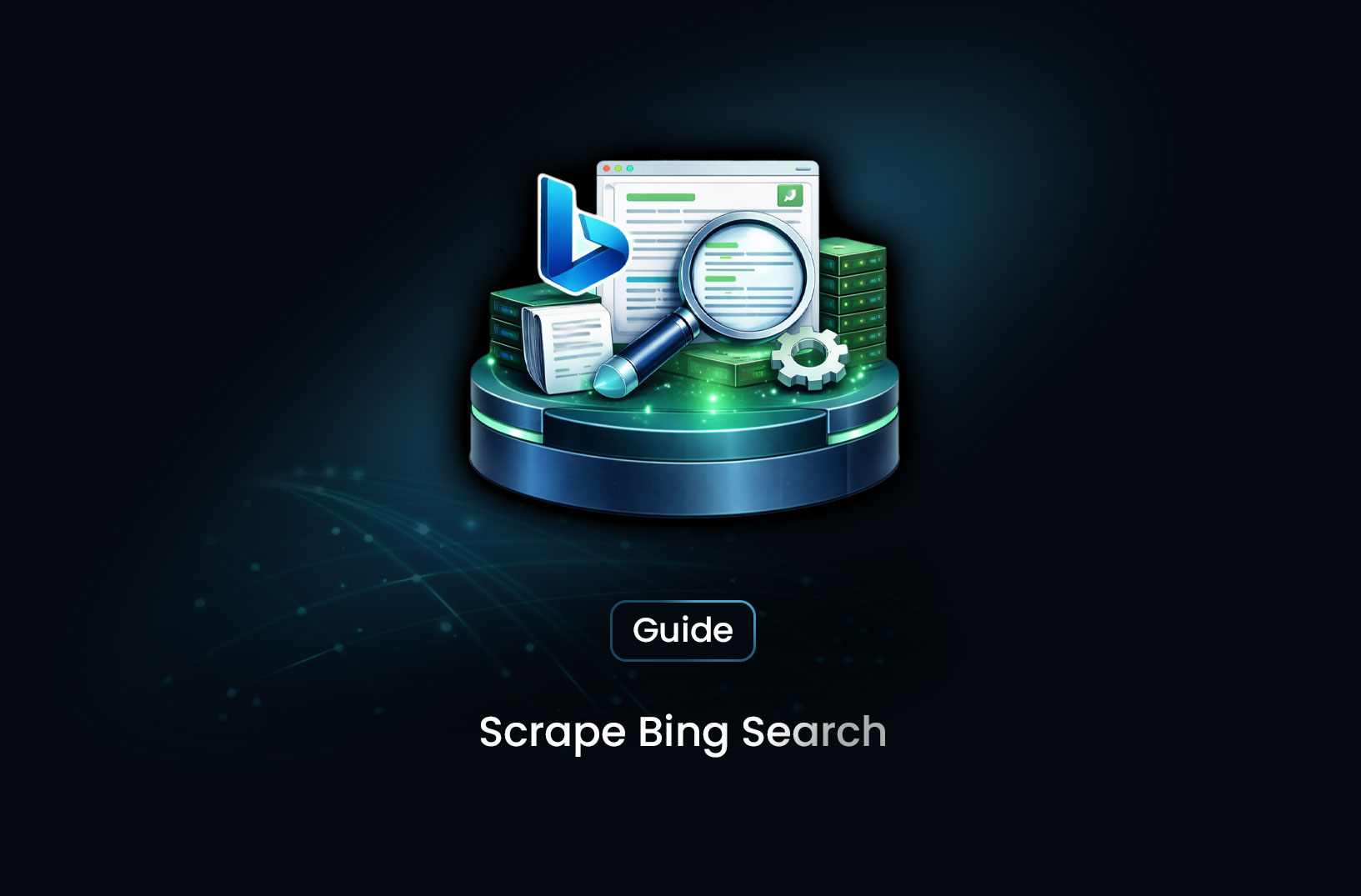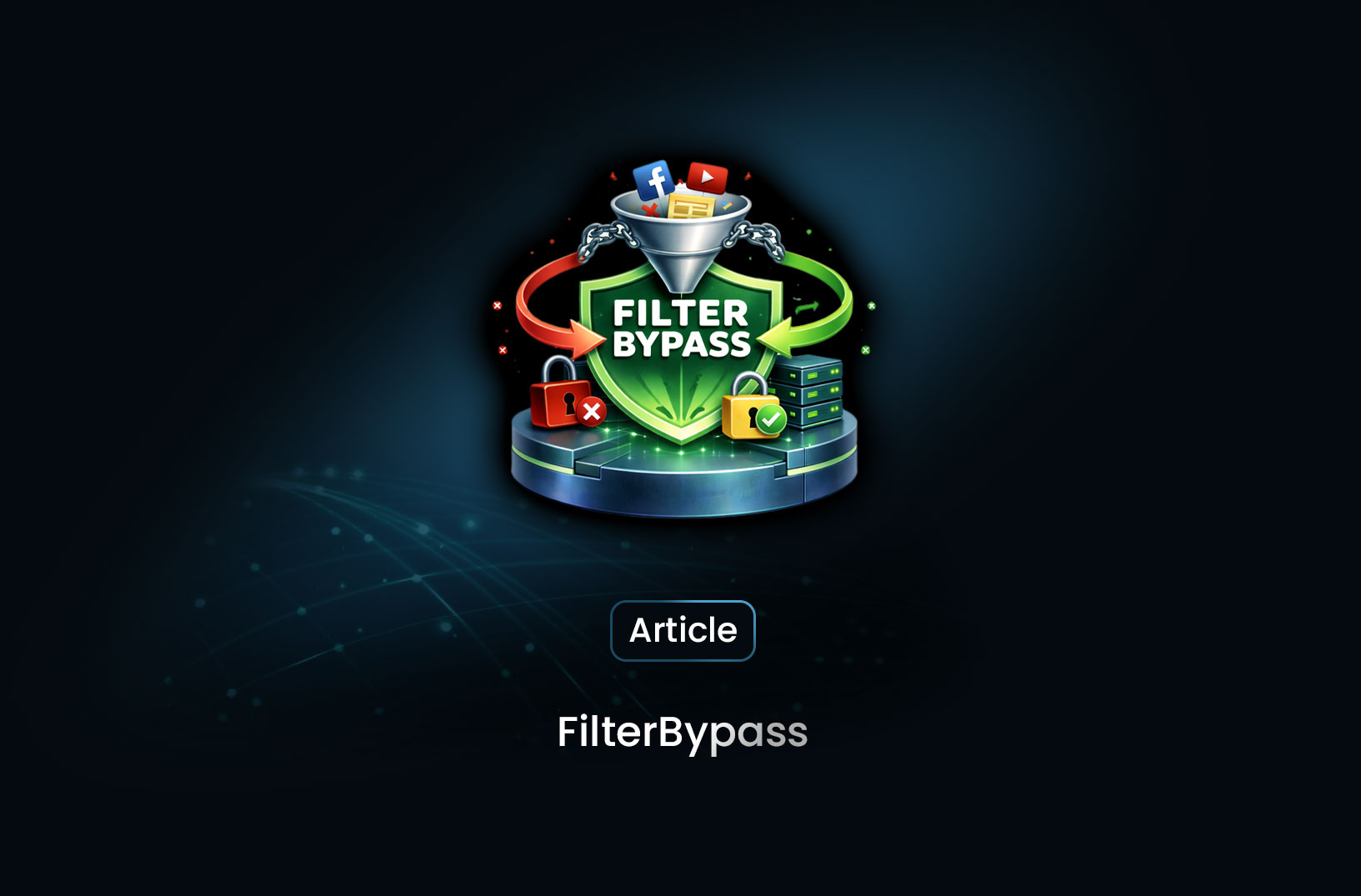
How Companies Use Search Engine Market Intelligence for Smarter Decisions
ArticleSearch engine market intelligence uses search data to analyze competitors, market trends, and user demand. Learn how businesses use SERP insights and web scraping to gain a competitive edge.
Search engine market intelligence is the practice of collecting, analyzing, and interpreting search-based data to understand market demand, competitor visibility, user intent, and industry trends. By monitoring how people search online—and how competitors rank—businesses can make better strategic decisions in marketing, product development, and customer acquisition.
This form of intelligence goes beyond traditional SEO. It leverages scraped search engine results, query trends, keyword patterns, and competitor presence to reveal what the market wants right now.
Why Search Engine Market Intelligence Matters
Search engines are the largest real-time data sources on consumer behavior. Every query reveals:
- What problems people want to solve
- Which brands they prefer
- How demand shifts over time
- Which competitors dominate visibility
- Where market gaps exist
With the right tools, companies can extract insights at scale—often using web scraping, SERP crawlers, and analytics platforms to turn raw search data into actionable intelligence.
Key Components of Search Engine Market Intelligence
1. Keyword & Intent Analysis
Understanding which terms users search for reveals customer motivations. Businesses can identify:
- High-intent keywords
- New product demands
- Seasonal shifts
- Underserved topics or niches
This guides content creation, product strategy, and PPC campaigns.
2. SERP Competitor Monitoring
Market intelligence tools track:
- Which competitors rank for strategic keywords
- Their content types and formats
- Backlink profiles
- Advertising strategies
- Featured snippet owners
- Local pack visibility
This helps companies see where competitors are winning—and how to outperform them.
3. Market Opportunity Detection
By merging search data with scraped market insights, businesses can uncover:
- Emerging trends
- Consumer pain points
- Keyword gaps competitors ignore
- High-value micro-niches
- Regions with untapped demand
This drives smarter decisions for product expansion, SEO targeting, and content roadmaps.
4. PPC Intelligence
Scraping or analyzing paid search data reveals:
- Competitor bidding strategies
- Ad copy performance
- Keyword cost fluctuations
- Market saturation
Brands can optimize their ad spending with more precision.
5. Demand Forecasting
Search engines show real-time demand signals. Tracking search volume trends helps forecast:
- Product interest
- Industry growth
- Consumer shifts
- Seasonal demand
This is crucial for e-commerce, SaaS, local businesses, and enterprise marketing teams.
How Web Scraping Supports Search Engine Market Intelligence
Search data doesn’t come ready-made—you have to collect it.
Businesses rely on:
- SERP scrapers
- Keyword data extractors
- Competitor site crawlers
- Market intelligence APIs
- Custom web automation tools
With scraping, companies can gather structured information from search engines and competitor websites at scale.
Modern tools—especially AI-powered scrapers—help ensure:
- Higher accuracy
- Faster data collection
- Proxy rotation for stable extraction
- Geo-targeted SERP results
- Clean and structured datasets
Use Cases Across Industries
E-commerce
- Identifying trending products
- Monitoring competitors' keywords
- Tracking shifting demands
- Optimizing category pages and product descriptions
SaaS Companies
- Mapping buyer intent
- Tracking competitor content
- Understanding market positioning
- Finding high-potential keywords
Marketing Agencies
- Building data-driven SEO strategies
- Providing competitive intelligence to clients
- Validating search trends with real-time scraped data
Startups
- Analyzing user pain points
- Validating product-market fit
- Understanding competitor visibility
Benefits for Businesses
- More precise content and SEO strategy
- Better marketing investment decisions
- Faster identification of market opportunities
- Stronger competitive advantage
- Improved customer targeting
- Real-time insights instead of guesswork
Conclusion
Search engine market intelligence transforms raw search data into powerful market insights. By combining SERP analysis, keyword research, competitor tracking, and web scraping, businesses can gain deeper visibility into consumer behavior and industry dynamics. Companies that leverage search intelligence are proven to make smarter decisions, respond to trends earlier, and outperform competitors in digital visibility.
Find more insights here

Scrape Bing Search: A Practical Technical Guide
Bing scraping blocked? Discover how to bypass rate limits and bot detection to extract URLs, titles,...

FilterBypass: Unblocking Restricted Sites in a Simple Way
FilterBypass is a free web proxy that acts as an intermediary between your browser and the target si...

YouTube.com Unblocked: Accessing YouTube When It’s Restricted
Learn how to access YouTube unblocked on school, work, or regional networks. Explore VPNs, proxies,...
